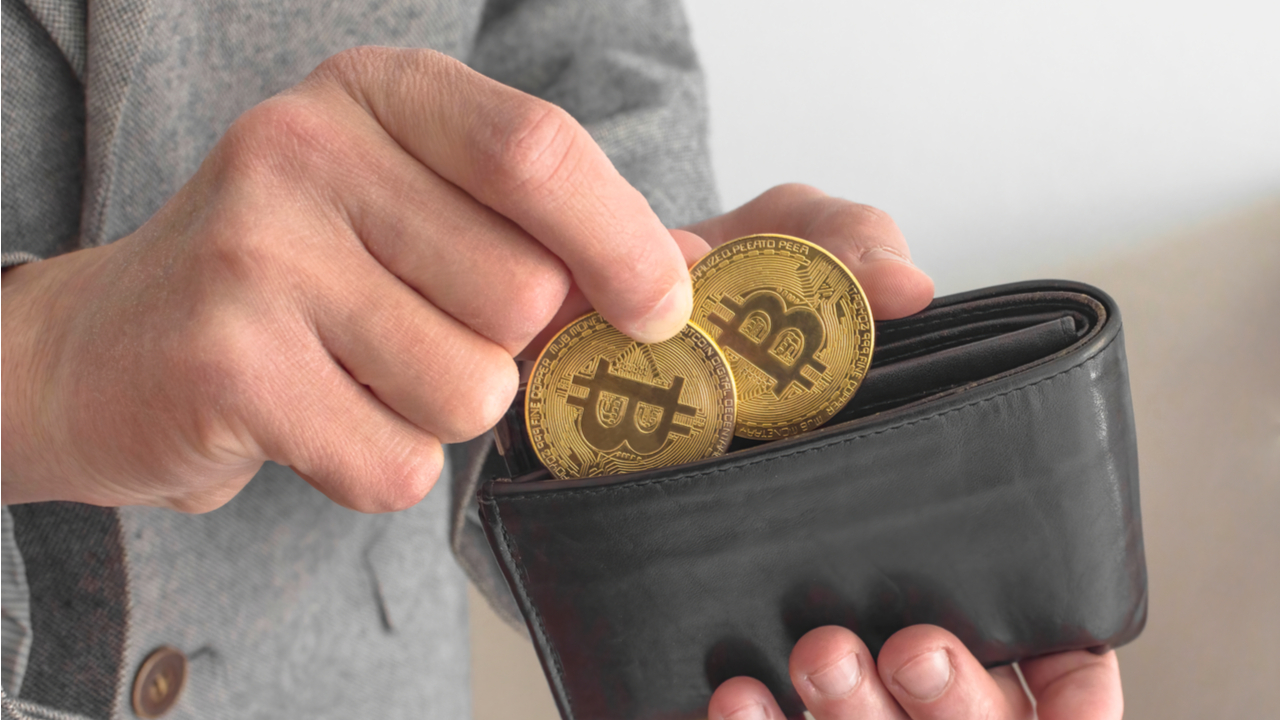
Keeping cryptocurrencies in non-custodial wallets may be criminalized in Russia, if authorities accept a proposal from the trade association representing Russian banks. While financial regulators think the idea deserves attention, lawmakers and experts doubt it’s possible to implement such a measure.
Russian Banks Move to Curb Use of Private Cryptocurrency Wallets
Challenges with foreclosure and seizure of crypto assets held by debtors and criminals have motivated the Association of Banks of Russia (ABR) to suggest introducing criminal liability for storing coins in non-custodial wallets, the organization’s Vice President Anatoly Kozlachkov told Izvestia this week.
ABR’s initial proposal, made with the advisory assistance of the Russian Ministry of Internal Affairs, was to criminalize the undeclared storing of cryptocurrency in such wallets. The association is now leaning towards targeting refusals to provide the wallet keys when requested by authorized bodies, Kozlachkov said.
The ABR remarks that it is not referring to digital assets in wallets provided by crypto exchanges, which are de facto controlled by these platforms similar to bank deposits, but wallets controlled directly by the users.
When the relevant authorities establish a connection between a debtor and a cryptocurrency wallet, for example, the person may be given a choice — to either share their keys or risk penalties for hiding property in the form of digital assets.
Besides preventing capital outflow through crypto, the bankers say their approach would help to create “a closed circuit for the circulation of cryptocurrencies” in Russia. According to the ABR, this would be impossible without an effective foreclosure mechanism for non-custodial cryptocurrencies.
In mid-April, the ABR sent its regulatory concept to the Central Bank of Russia, the Ministry of Finance, and Rosfinmonitoring, Russia’s financial watchdog. Rosfinmonitoring told Izvestia that it deserves attention and the finance ministry was ready to consider it. Bank of Russia declined to comment.
Meanwhile, the idea has been met with criticism from lawmakers and representatives of the crypto industry in the expert council at the parliamentary working group tasked to develop comprehensive crypto regulations. Andrey Lugovoy, the group’s deputy chairman, said he understood ABR’s concerns but warned the move would hinder the legalization of the crypto market.
Experts interviewed by Izvestia were also skeptical. According to Roman Yankovsky, deputy dean of the Faculty of Law at the Higher School of Economics, a leading Russian university, it’s unrealistic to identify the non-custodial wallets of ordinary citizens and seizing them would be difficult, if not impossible.
Andrey Gusev, managing partner of the Nordic Star law firm, considers the introduction of criminal liability for owning such wallets unnecessary and says that tax incentives and administrative fines should be enough to dissuade Russian crypto holders from using or hiding them.
Criminalizing non-custodial wallets is “fundamentally wrong,” thinks Maxim Bashkatov, head of the Legal Development Department of the Center for Strategic Research. He points out that right now it’s unsafe for Russians to store cryptocurrency on exchanges because of the risk of asset freezes as a result of western sanctions imposed over the war in Ukraine.
Do you think Russia will criminalize holding crypto assets in non-custodial wallets? Share your expectations in the comments section below.
from Bitcoin News https://ift.tt/Xrfq5UR
Comments
Post a Comment